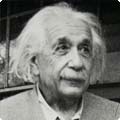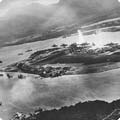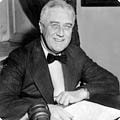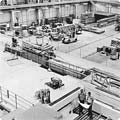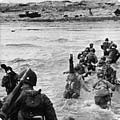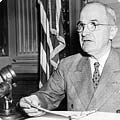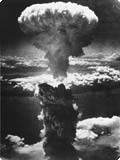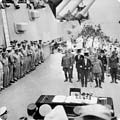 |
||
|
|
 |
|||||||

|
How did your life collide with the headlines in 2007? What's your holiday performance story? |
|
» Interactive timeline
» Web resources » Web-only interviews and readings » Blog posting » Special thanks » Return to the August 6, 2005 broadcast page |
|





